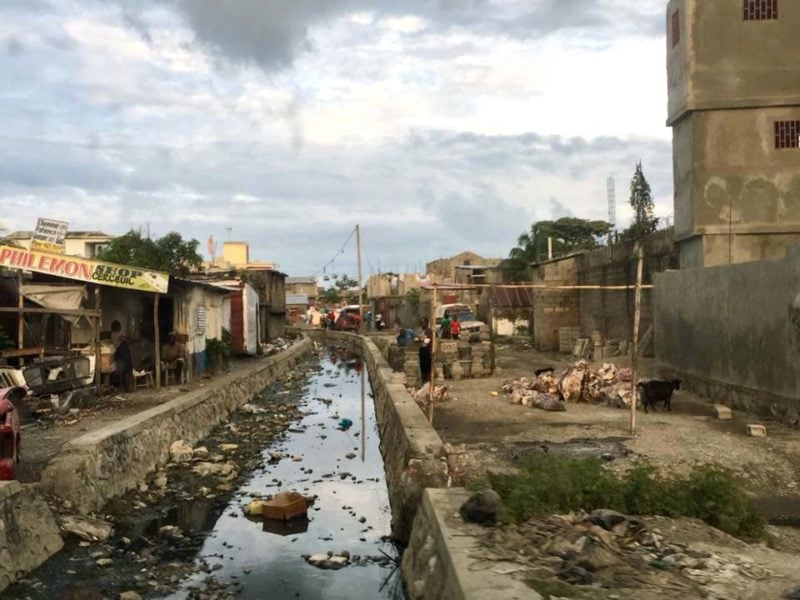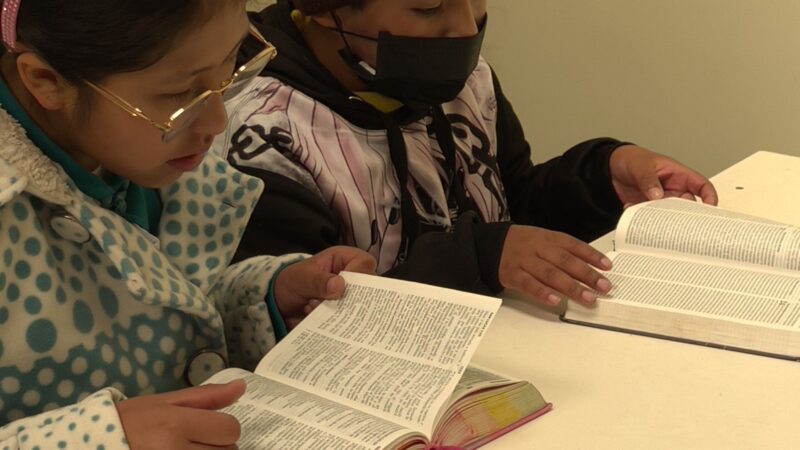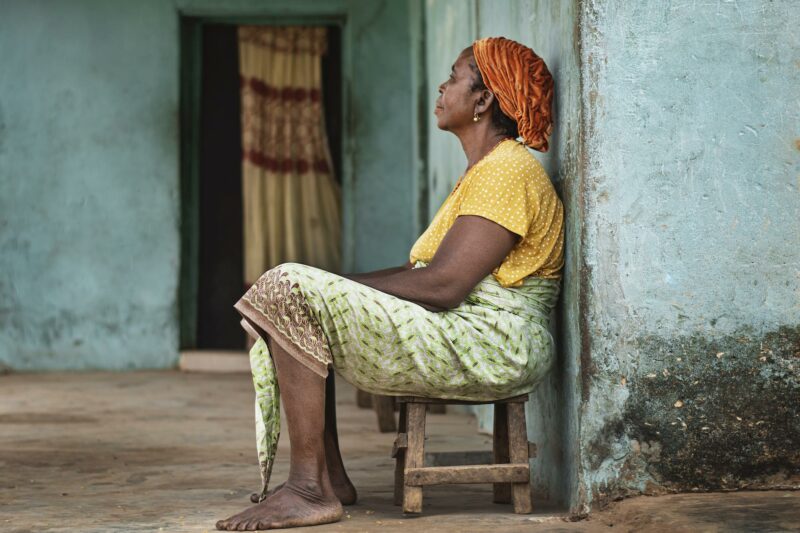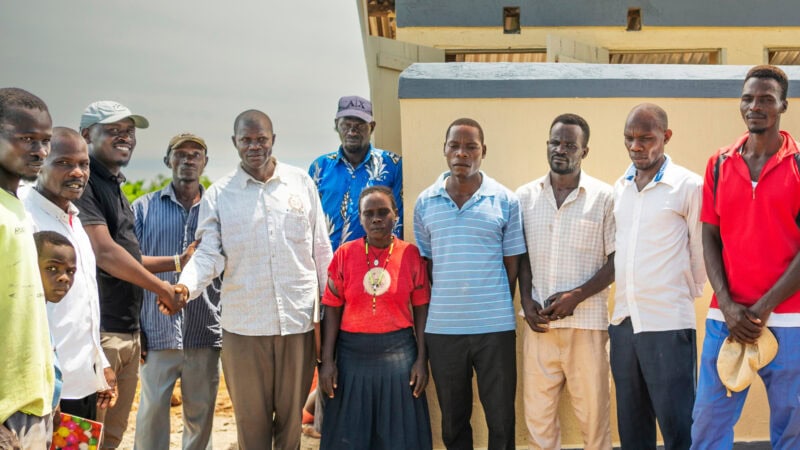You’ve probably seen pictures of poverty in developing nations. Children in tattered clothing. Mountains of trash and filth, and rivers so dirty they look more like murky oil than water.
Have you ever wondered why some countries seem so incredibly poor and dirty, while others don’t? Maybe you’ve wondered: “Are poor countries poor because they don’t have natural resources?”
In most cases, the answer would be no. While there are clear reasons why we should give to and genuinely help poor countries, in this post I list some of the key causes of why some poor countries may stay poor.
Then Why Are Some Countries Really Poor?
Historically, some countries with the best economic success stories have had few or no natural resources. And, actually, countries with resources have typically done worse than those without. Sounds a little counterintuitive, doesn’t it?
One expert notes that Guinea, an oil-rich country in West Africa, has a higher GDP (which is basically the overall economic output of a country) than Poland—but yet the life expectancy is 20 years less than the people of Poland. So, if natural resources alone determined development, countries on the top and bottom would be very different.
So it must be something else.
In my research I learned that in recent years when natural resources have been discovered in developing nations, it hasn’t always given the country an economic overhaul with exuberant growth like you might expect…or hope for.
If Not A Lack of Natural Resources, Why Are Developing Countries Poor?
So, we need to keep asking questions: “Why?” and “Are poor countries poor because of corruption with those natural resources?”
Now we’re on to something.
A pattern that’s been termed the “resource curse” has been used when countries have found that, sadly, natural resources actually have a negative effect on their society, economy and politics—and that these countries don’t live up to their development potential.
Corruption can be a major factor—like when the governing officials at the top keep the wealth to themselves instead of investing it in infrastructure, supporting mothers, meeting the needs of its citizens and letting the wealth trickle down to the people.
They may use the profits to fund their political groups, keep themselves in power, build up their armies and weapons, or do other underhanded things with it.
Some experts say that’s the fundamental difference between rich countries and poor countries: to what degree does the country have institutions in place to prevent a small group of the elite from hoarding the wealth?
If those in power are fueled by greed or corruption, or aren’t committed to helping their people and ending poverty, having gas and oil resources can heighten the risk of violent conflict. If rebel groups are getting the profits, they can strengthen their factions.
There is a long list of violent civil conflicts that have at least in part been over who had control of oil and gas resources—Nigeria, Angola, Chad and Sudan, just to name some in Africa. And, sadly, studies show that if a country depends on the export of fossil fuels in particular, that the risk of civil war increases greatly.
Donate toward a Country Experiencing Violence and Corruption
Bright Hope partners with local churches in such countries where the “resource curse” and other factors make it difficult for the poor to climb out of poverty.
Hopeful Success Stories
However, even though this all sounds rather depressing, our goal was not to discourage you, but to help you understand the bigger picture of what’s going on in some of these struggling countries.
We want you to understand that there are many layers and reasons to why poor countries are poor and why impoverished people who are sometimes literally sitting on great natural wealth and potential aren’t benefitting from it.
But it’s not all bleak.
Look at diamond-rich Botswana—they were formerly ranked as one of the 25 poorest countries in the world, but now they’re classified as an upper-middle income economy.
And then there’s Ghana, in West Africa. Ghana’s oil wealth has been used to help the entire country, and they’re the first African nation to cut extreme poverty in half.
In. Half. That is phenomenal, something to celebrate.
With wise leadership that looks out for the benefit of the nation, and good negotiations in business dealings with foreign companies, the profits from natural resources can benefit a country tremendously.
We need to pray and give generously so that corruption comes to an end and that God-fearing leaders are placed in positions of authority to help wisely steward the resources God has given these developing nations.
Prevent Corruption through Transformed Communities.
Join us in providing nourishment for today, sustainable opportunities for tomorrow, and eternal hope for the future!
Donate Now





